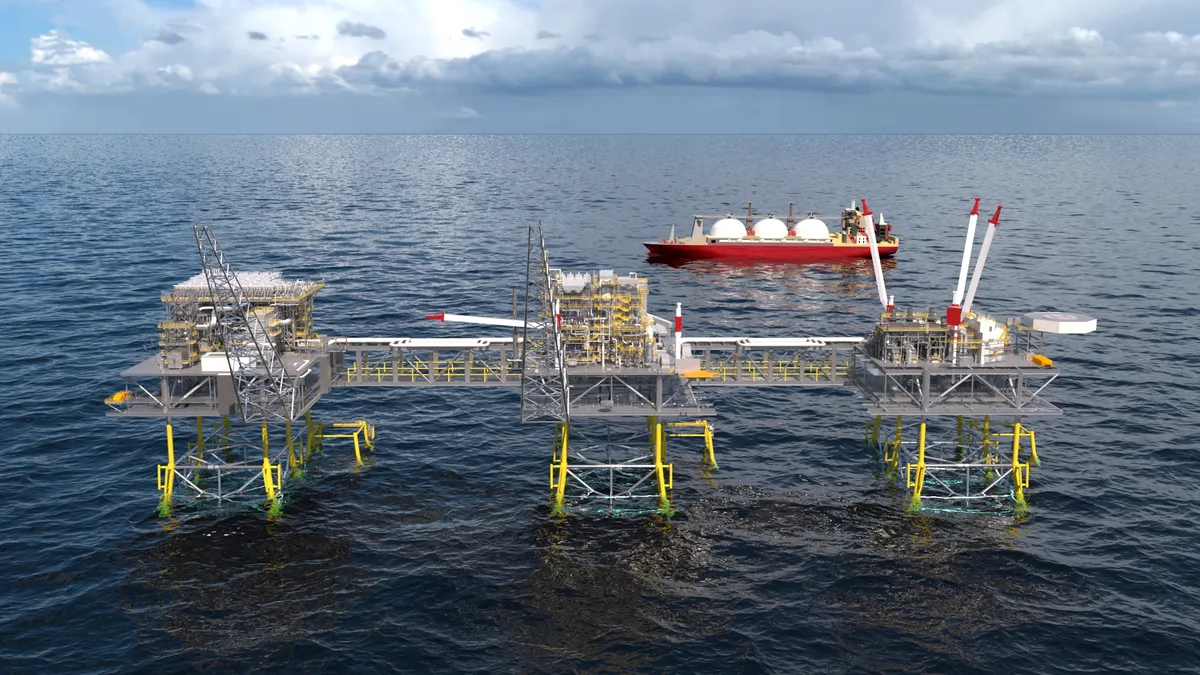Amid rising global energy prices and higher demand, the United States has become the world’s largest exporter of liquefied natural gas, the U.S. Energy Information Administration said Monday. Exports grew 12% in the first half of this year, compared with the latter half of 2021.
“Since the end of last year, countries in Europe have increasingly imported more LNG to compensate for lower pipeline imports from Russia and to fill historically low natural gas storage inventories,” EIA said.
Exports from the United States averaged 11.2 billion cubic feet per day, or Bcf/d, in the first half of this year, EIA said. Total U.S. export capacity has expanded by about 2 Bcf/d since November 2021, the agency said.
“Most U.S. LNG exports went to the EU and the UK during the first five months of this year, accounting for 71%, or 8.2 Bcf/d, of the total U.S. LNG exports,” EIA said.
According to EIA’s latest Short-Term Energy Outlook, LNG exports are expected to average 12.7 Bcf/d in 2023.
The growth in LNG exports has raised some concern, and it comes as domestic gas and electricity prices are rising.
Sen. Angus King, I-Maine, at a May Senate Energy and Natural Resources Committee hearing, pointed to the increase in LNG exports as a cause for rising electricity prices. He said the U.S. exports about 15% of its gas production today, but approved applications would push that north of 50%.
Short-term increases to send gas to Europe may be necessary, particularly due to the war in Ukraine, but “the problem is we’re building 35-year assets,” King said.
EIA said the cost of natural gas to U.S. power generators will rise from $4.97/MMBtu in 2021 to $6.35/MMBtu in 2022. “Despite the increase, we forecast the share of natural gas in U.S. generation will average 37% in 2022, about the same as last year,” according to the agency’s outlook.
EIA is also anticipating U.S. residential electricity prices to average $0.144/kWh in 2022, up 5.3% from 2021. “Higher retail electricity prices largely reflect an increase in wholesale power prices driven by rising natural gas prices,” the agency said.
Electricity consumption is expected to rise 2.3% this year, “largely because of rising economic activity” EIA said, before growth in consumption slows to 0.6% in 2023.















